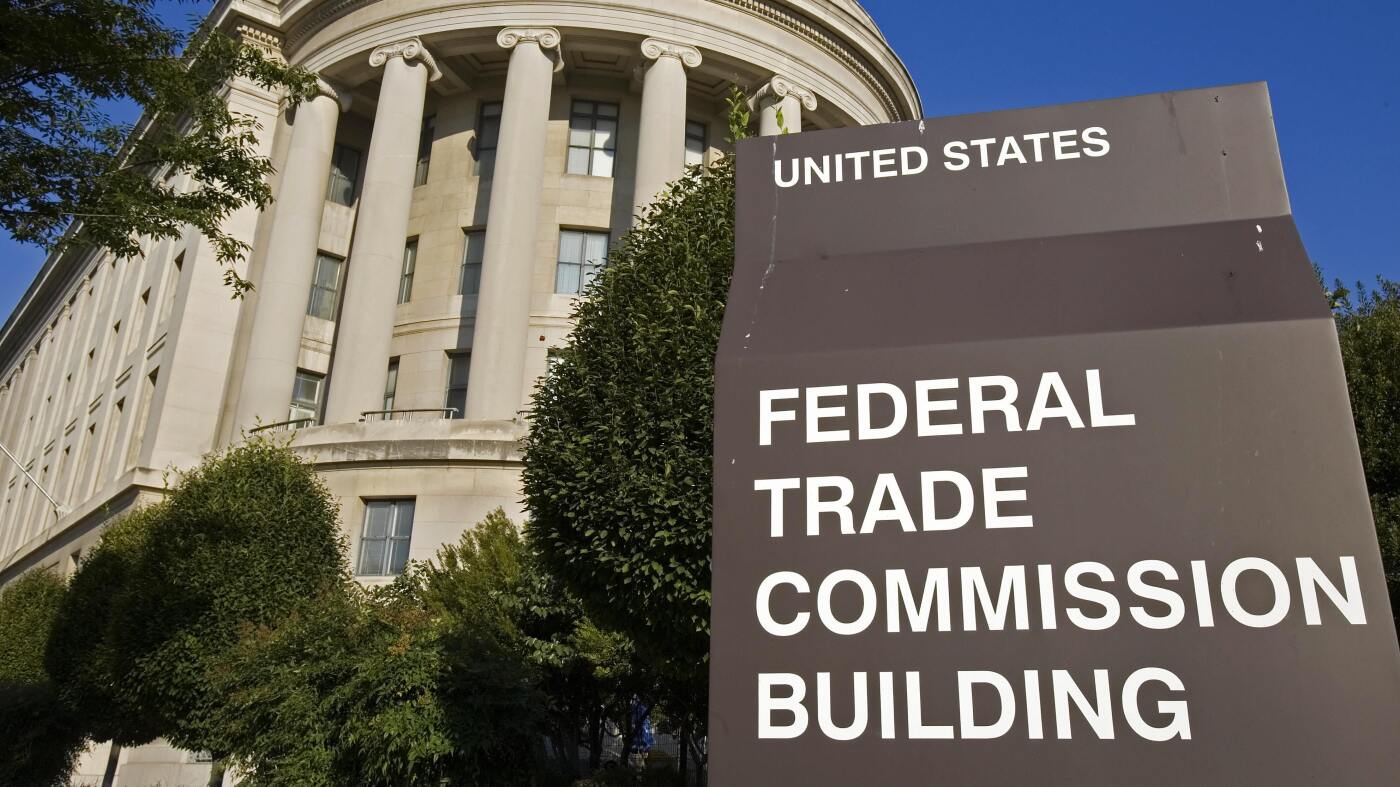
A federal judge in Texas has temporarily blocked the US Federal Trade Commission (FTC) from enforcing its new rule banning noncompete agreements for almost all US workers. The ruling came in response to a lawsuit filed by Ryan LLC, a tax services firm based in Dallas, and the U.S. Chamber of Commerce, among others.
Judge Ada Brown of the US District Court for the Northern District of Texas granted an injunction on July 3, stating that the plaintiffs are likely to succeed on the merits of their case and that blocking the rule is in public interest.
The FTC's ban, which was set to take effect on September 4, would have made it illegal for employers to include noncompete clauses in workers' contracts. Noncompete agreements restrict employees from switching jobs within their industry for specified periods of time and can affect millions of workers across various industries.
The plaintiffs argued that the FTC lacked the authority to issue such a regulation, as it exceeded its statutory authority with respect to unfair methods of competition. Judge Brown agreed, stating that the FTC's rulemaking power does not extend to noncompete agreements.
Many businesses have opposed the new rule, arguing that it would protect proprietary information and investments in training. However, critics argue that such clauses restrict worker mobility and lower wages while stifling innovation and entrepreneurship.
The court's order only applies to the plaintiffs in this case but does not prevent the FTC from taking enforcement actions against noncompete agreements on a case-by-case basis. The FTC has stated that it will continue to fight for the ban, which it believes is necessary to promote economic growth and fair competition.
The court's decision comes as businesses and workers grapple with the changing nature of work in an increasingly competitive global economy. As technology advances and industries evolve, the role of noncompete agreements in shaping labor markets remains a contentious issue.



